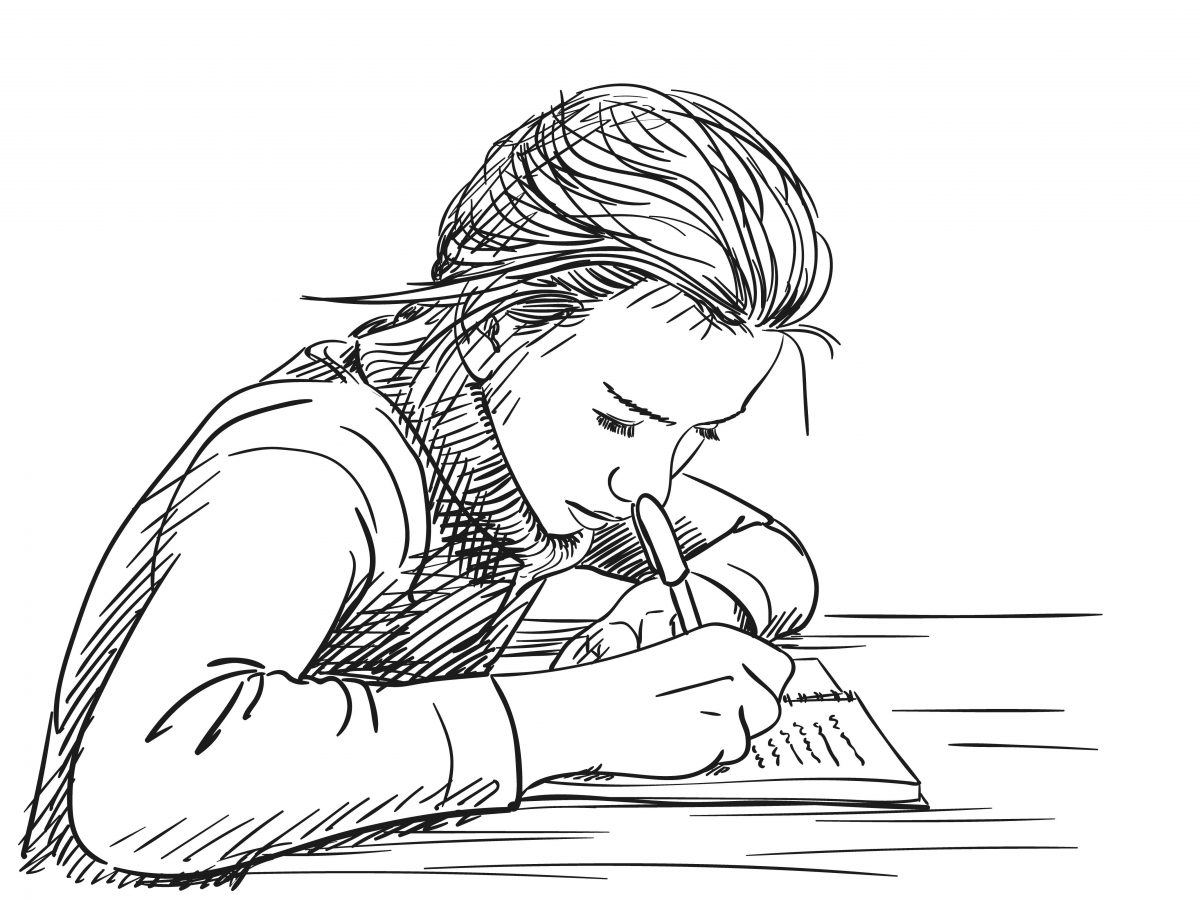
Encouraging our children to write, why the ATAR matters, kids books go political, and our young concerned about mental health.
Our selection of thought-provoking and useful articles from around the web on educating and raising children.

Where has the joy of writing gone and how do we get it back for our children?
(Edwin Creely and Fleur Diamond, The Conversation)
The headlines tell us that NAPLAN results indicate that the ability of students to write is declining. The answer is all about getting students engaged in writing, say the authors of the article. They issue a clarion call to make writing more enjoyable and meaningful for young people, with ‘authentic connections’ to their lives. ‘Writing is more than work for achieving an outcome. It’s identity work.’
Campaign against the ATAR is putting us on a path to mediocrity
(Fleur Morrison, the Sydney Morning Herald)
Something’s going on with parents’ ambitions for their children, the author has detected. Once the ambition was for an ATAR that would lead to a career in law or medicine. That’s been turned on its head. Now, her friends want their children to be average performers who are popular and happy. The problem with this is that humanity is missing out by failing to value excellence. This is a thought-provoking counter argument to the ‘ATAR doesn’t matter’ message.
Why are Australian children’s books suddenly so political?
(Philippa Chandler, The Guardian)
Children’s books were once about getting kids to follow the rules, writes the author. But there’s been a new trend: increasingly, they are being encouraged to break the rules, or question them. There’s been an upswell in activist literature for youngsters: feminism, multiculturalism, and citizenship among the subjects. The article seeks out the experts, and finds it’s part of a global trend.
Young Australians survey finds surge in concerns about mental health
(Luke Henriques-Gomes, The Guardian)
Each year, Mission Australia asks young Australians what matters to them. This year, the survey of almost 30,000 people showed that concerns about mental health have doubled since 2016. Some 43 per cent of the 15-19 year-olds surveyed rated mental health as the nation’s biggest concern. Alcohol and drugs was the next greatest concern, at 28.7 per cent.
Like this post? Please share using the buttons located on this page.
Subscribe to The Parents Website


